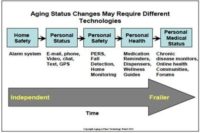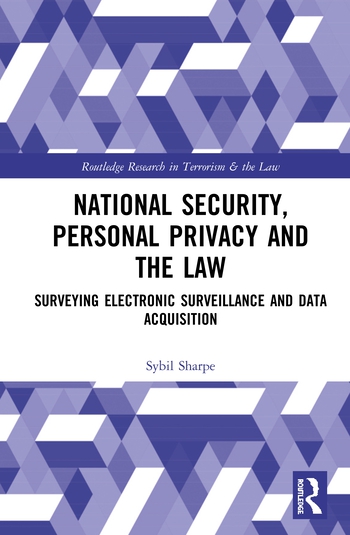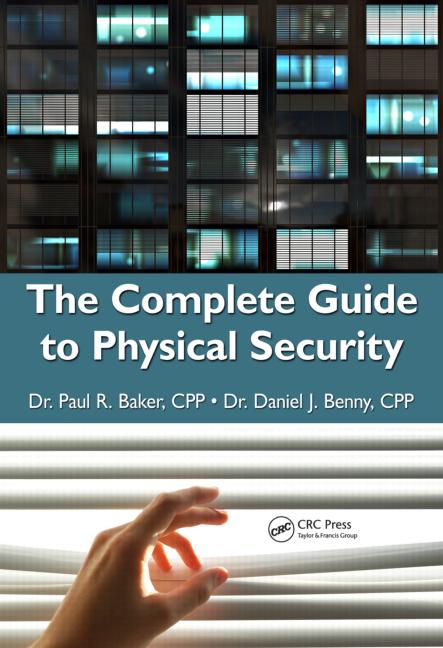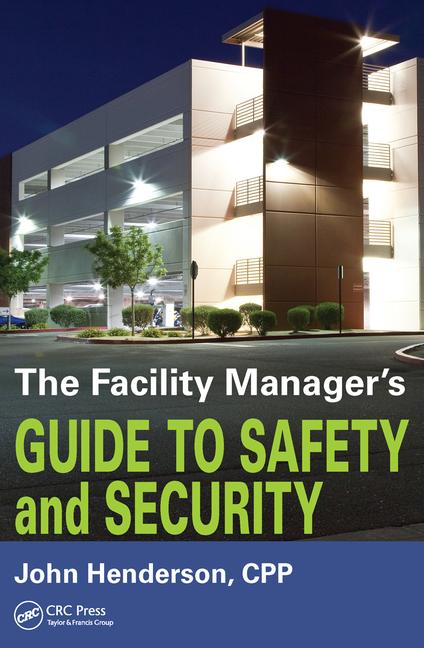In the case at hand, an alarm signal was received. A telephone call was placed to the residence by the alarm company and an individual answered the phone, but was unable to provide the homeowner’s personal identification code. The alarm company called the police department who dispatched an officer to the scene. After the police were dispatched, the alarm was restored and automatically reset. In response the alarm company contacted the police department to cancel the alarm. Under the department’s policy, however, it does not permit a 911 operator to cancel an alarm call once officers have been dispatched to the scene. The 911 operator neither informed the police dispatcher nor the responding police officers that the alarm company had cancelled the call.
The officer entered the premises and observed that the alarm system was still in an active mode and exited the premises. The officers then entered the basement. Upon doing so, they observed a cellophane bag containing what they believed to be marijuana. Subsequently the officers obtained a warrant to search the premises and seized several guns, crack cocaine, powder cocaine and marijuana.
The court determined that the totality of the circumstances demonstrated that the police officer was justified in entering the residence without a search warrant. The initial alarm and the unusual events described provided the officers with a reasonable basis, approaching probable cause, to associate an emergency with the residence.
In reaching this conclusion, the court explained, the very purpose for a home security alarm is to signal that something may be amiss. In the face of an alarm, officers may reasonably conclude that a burglary may be in progress and may conclude, as here, that a neighbor’s explanation to the contrary is not entirely credible. The court held that this court by no means suggests that the police have license to enter a private residence every time an alarm is activated, but they do have a duty to investigate, and, when the facts and circumstances suggest reasonable suspicion that exigency exists, it will excuse the absence of a warrant to enter the home. The motion to suppress the evidence was therefore denied.






